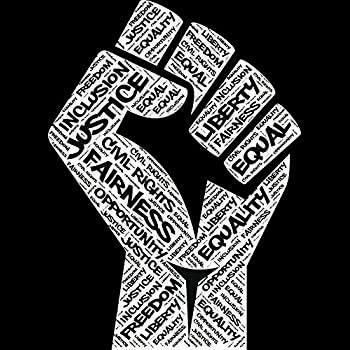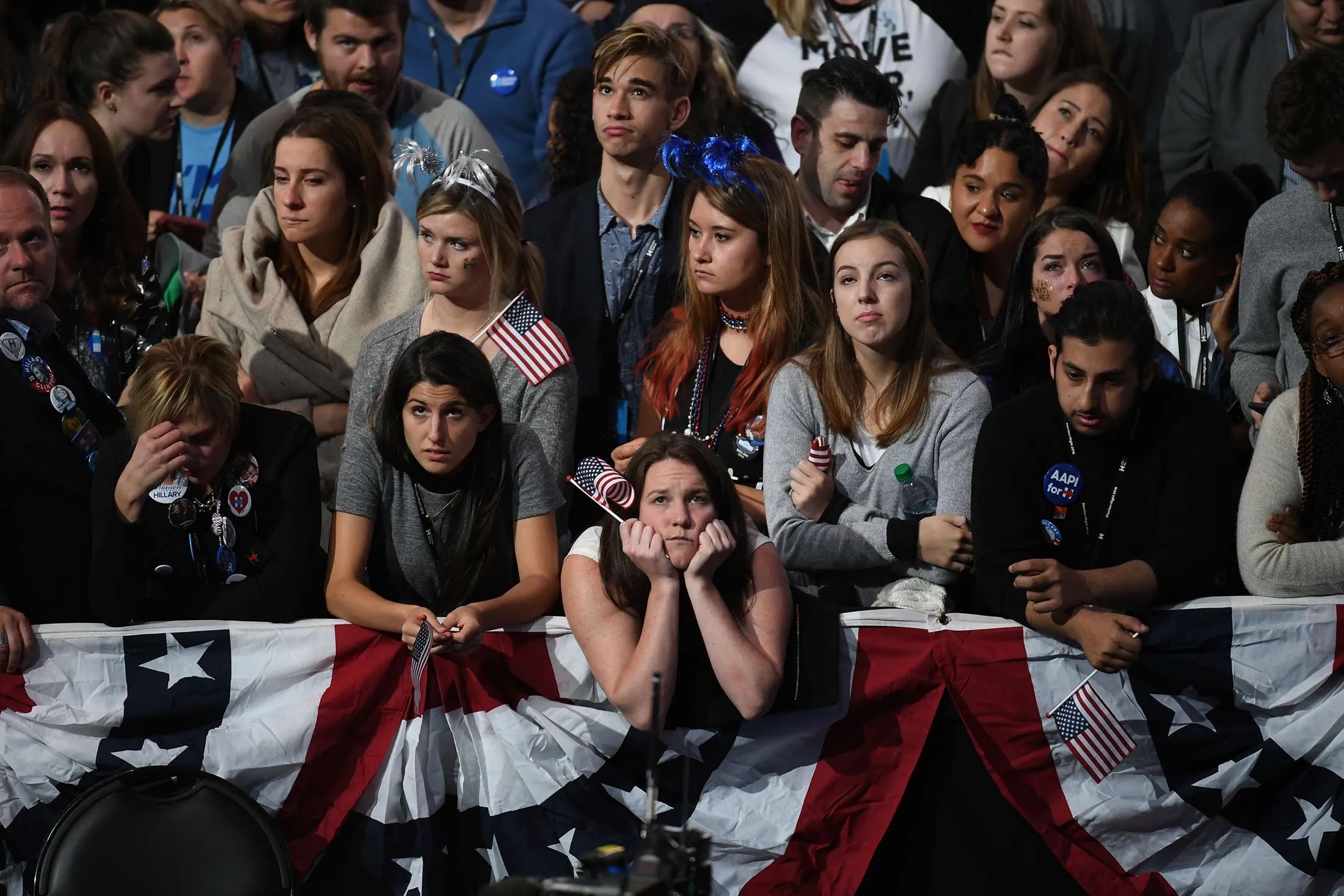Buried in the depths of New Jersey’s Clinton Correctional Facility for Women, Assata Shakur discovered an undaunted freedom. Beauty still radiated within her and flowed out in words of poetry.
“…I have been locked by the lawless. Handcuffed by the haters. Gagged by the greedy,” she wrote in her poem “Affirmation,” written during her incarceration and published in her 1989 autobiography. “And, if I know anything at all, it’s that a wall is just a wall, and nothing more at all. It can be broken down.”
It is a refusal to allow physical and ideological walls to define one’s life. It embodies the resilience of freedom fighters when faced with yet another obstacle erected by the status quo.
This perspective need not be found solely in environments of pure deprivation. Those of us uncaged by physical walls do not need to feel imprisoned by ideological ones.
As we emerge from yet another divisive, messy, antagonistic election season, Americans are once again left questioning if the president-elect is truly the best we could have chosen. The binary, winner-takes-all nature of our political system often leaves us exhausted, forced to rally behind candidates who may not even represent our values or priorities. After all, presidential terms have an expiration date, limited to four or eight years, with policies often reversed by each new administration. We feel the ideological walls of the status quo closing in around us and, despondent, we trudge on with an overwhelming sense of what’s the point.
Political figures come and go. Social movements—the pulse of real, lasting change—transcend election cycles. For over half a century, movements have advanced civil rights, environmental protections, gender equality, and more, driven by the collective power of citizens rather than elected officials.
The point is Missouri.
After the overturning of Roe v. Wade, a broad coalition of abortion rights advocates, civil rights leaders, medical professionals, and allies in Missouri spent two years working diligently to overturn Missouri’s abortion prohibition, gathering over 380,000 signatures to bring Amendment 3 to the ballot. Their efforts, in defiance of the federal obstacle, led to a decisive rebuke to the state’s anti-abortion stance, and their deeply Republican state (where Democrats haven’t secured a statewide victory in six years) became the first state where voters reversed an abortion ban since the fall of Roe v. Wade.
A wall is just a wall.
If the election results have left you feeling discouraged, know that setbacks are just temporary barriers. No obstacle—be it a president, a policy, or a hate-driven opponent—has stopped the movement for freedom and justice since the country’s first abolitionist, widely believed to be Anthony Benezet who advocated for the end of slavery in the 18th century.
The political hangover most of us are feeling is the preferred reaction of our current system: that after all the rallying and drowning in headlines, the voting populace will be happy to hand the reins of control to the government and be done with the whole thing. We can resist the temptation to surrender our power to a constantly shifting government and instead maintain consistent, grassroots pressure. In a system that exhausts us to the point of resignation, this isn’t just an idealistic rallying cry—it’s a realistic path to enduring transformation.
Remember the power in your persistence and resilience. Change takes time, and each step forward brings us closer. Let’s stay grounded, connected, and keep moving toward the vision we believe in.

